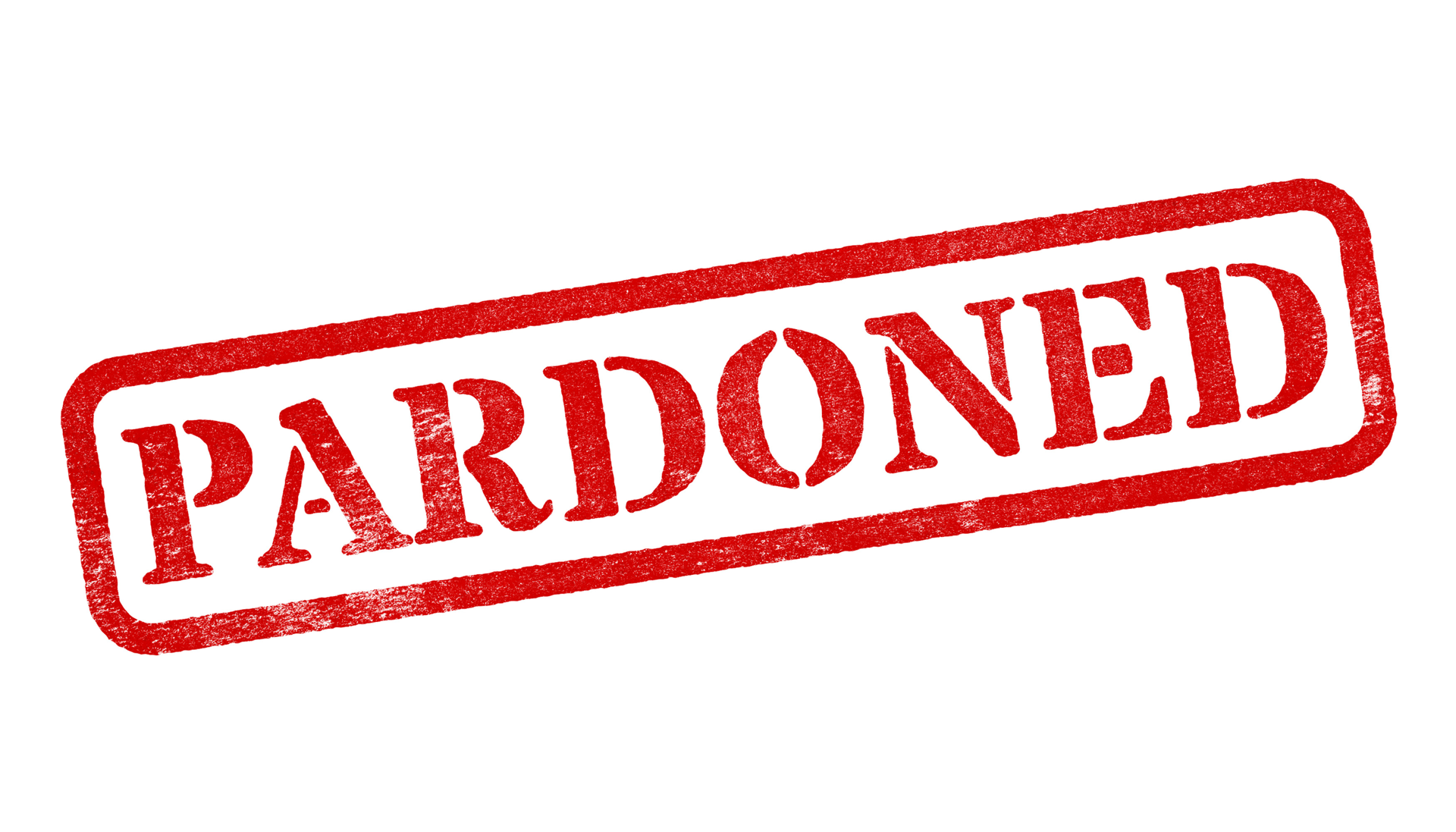One of the most unique powers granted to a U.S. president is the authority to issue pardons. Enshrined in Article II, Section 2 of the Constitution, the presidential pardon power allows the chief executive to forgive federal offenses, restore rights, and, in some cases, alter the course of justice. This authority has been both praised as a vital check within the justice system and criticized as a tool of political favoritism. Understanding its history provides insight into how presidents have shaped—and sometimes stirred controversy—through this remarkable power.
Origins in the Constitution
The Founding Fathers borrowed the idea of executive clemency from English common law, where monarchs wielded the “royal prerogative of mercy.” Alexander Hamilton defended its inclusion in the Federalist Papers, arguing that mercy could prevent injustices and serve the “public welfare.” The framers limited this power to federal crimes (not state offenses) and excluded cases of impeachment. Still, beyond those boundaries, the authority is sweeping and largely unchecked by Congress or the courts.
Early Presidential Pardons
George Washington issued the first presidential pardon in 1795, forgiving participants in the Whiskey Rebellion. This early use set the tone: pardons could be used to calm civil unrest and promote national unity. Thomas Jefferson later pardoned those convicted under the Alien and Sedition Acts, which many believed violated free speech. These early actions demonstrated how presidents could use clemency to correct what they saw as political overreach or harsh punishments.
Lincoln and Reconstruction
Abraham Lincoln famously used his pardon power generously during the Civil War, often personally reviewing requests. After his assassination, Andrew Johnson expanded this approach, granting sweeping amnesty to former Confederate leaders and soldiers as part of Reconstruction. Johnson’s mass pardons were deeply divisive, angering members of Congress who sought stricter consequences for the South.
The 20th Century: Political and Personal Pardons
Presidential pardons in the 20th century often reflected the political struggles of the era. Warren Harding commuted sentences of many jailed for opposing World War I, including socialist leader Eugene V. Debs. Decades later, Gerald Ford issued perhaps the most controversial pardon in history when he forgave Richard Nixon for any crimes related to Watergate. Ford defended the decision as a step toward national healing, but critics saw it as shielding a disgraced president from accountability.
Modern Uses and Controversies
In recent decades, presidential pardons have remained in the spotlight. Bill Clinton faced backlash for his last-day pardon of financier Marc Rich, a fugitive charged with tax evasion. Barack Obama, in contrast, focused many pardons on commutations for non-violent drug offenders, seeking to address sentencing disparities. Donald Trump’s pardons drew sharp debate, as he granted clemency to political allies, celebrities, and others with personal connections. Joe Biden has largely emphasized pardons and commutations for marijuana-related offenses, signaling a focus on criminal justice reform.
Why Pardons Matter
Presidential pardons are more than symbolic gestures; they are a demonstration of mercy, a political tool, and a constitutional check. Whether controversial or celebrated, each pardon reflects the priorities and values of the administration that grants it. The history of presidential pardons shows a tension between justice and mercy, accountability and forgiveness—an enduring debate that continues to shape the presidency today.






